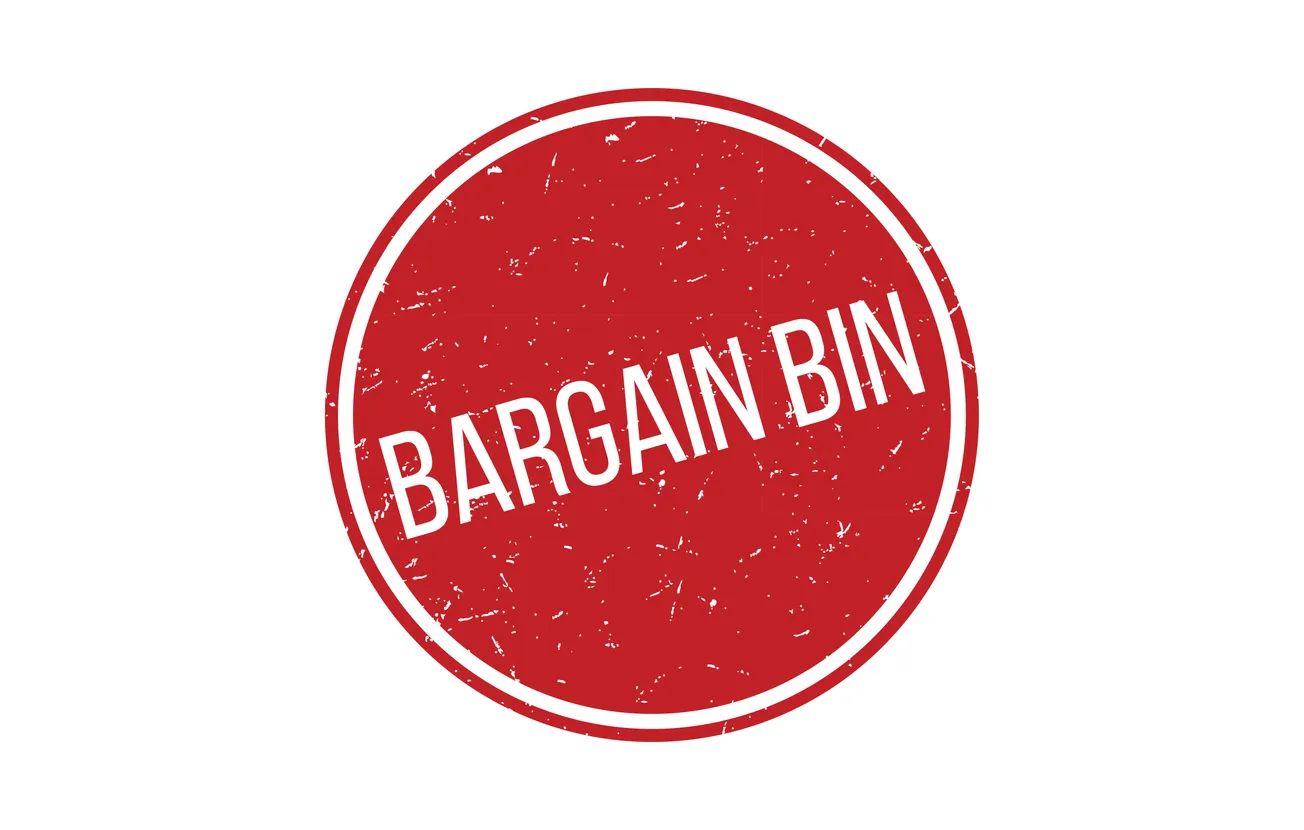Credit card fees make up around 2.24% of the average transaction, and Walmart is looking for ways to eliminate those fees.
Walmart's move to implement a direct pay-by-bank system starting in 2025 is part of a larger trend among retailers to reduce reliance on credit cards and the costly swipe fees that come with them.
Through a partnership with financial services company Fiserv, Walmart's new system will process payments in real-time via the NOW Network, which integrates with the FedNow and Real Time Payments systems, allowing funds to move instantly between customer and retailer accounts.
This will provide significant savings for Walmart, as U.S. swipe fees have skyrocketed to $172 billion annually.
Walmart has been actively seeking ways to reduce its dependency on traditional credit card networks. The retailer recently ended its partnership with Capital One, which had been the exclusive issuer of Walmart-branded credit cards.
This split came after Walmart accused Capital One of poor customer service, including delayed transaction postings and slow card replacements. Walmart’s dissatisfaction with credit card companies like Capital One reflects its broader strategy of looking for cheaper, more efficient payment solutions.
Other large retailers, including Amazon and Target, are also advocating for alternatives to the current credit card system, particularly through the support of the Credit Card Competition Act, which seeks to reduce the dominance of Visa and Mastercard in the market.
This legislation would require big banks to allow at least one other payment network option for credit card transactions, potentially spurring competition and lowering costs for retailers.
Visa itself is facing increased scrutiny from regulators. In September 2024, the U.S. Department of Justice filed a lawsuit against the company, accusing it of maintaining a monopoly over debit card networks by blocking rivals and inflating fees. This lawsuit could significantly impact the debit card market and open doors for more payment innovations, such as direct bank transfers, as major retailers explore alternatives.
While pay-by-bank systems like Walmart's may not completely eliminate the use of credit cards, they offer a glimpse into the future of retail payments, where real-time banking transactions could become more prevalent, saving both merchants and consumers from the rising costs associated with traditional card payments.
For Walmart, the challenge will be persuading customers to move away from the convenience and rewards of credit cards and embrace this new payment method.








